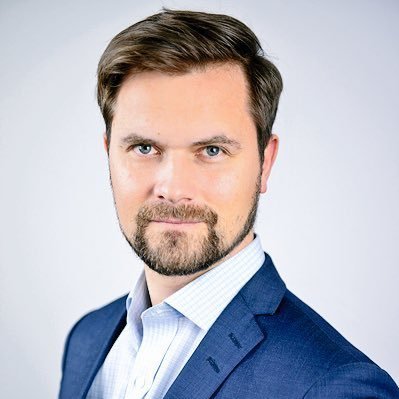A recent conference in Rome examined ways to protect religious freedom around the world. One representative with the Vatican says Christians are facing high levels of persecution for their faith.
4.9 billion people live in countries with serious or very serious violations of religious freedom. The numbers are shocking. The consequences are frightening.
Vatican Secretary for Relations with States Archbishop Paul Gallagher states, “Here, the neutrality of the public apparatus in relation to the free choice of citizens in religious matters is replaced by an ideology intolerant of other beliefs, which are consequently marginalized to the point of disappearing from the public agora.”
The Vatican’s Foreign Minister, Archbishop Paul Gallagher, spoke at a conference calling for a new global platform for religious freedom.
He stressed that if the international community ignores the spiritual side of the human person, its concept of human development is incomplete.
“The defense of religious freedom,” he says, “can be understood as the defense of the truth of the human person in the face of constraints that fundamentalist religious groups or totalitarian states might impose.”
The UN adopted the 2030 Agenda for Sustainable Development almost ten years ago. It is meant to be the world’s roadmap for ending poverty, protecting the planet, and tackling inequalities.
The agenda defined 17 goals, but the speakers are advocating for the right to religious freedom to be included.
Zanardi Landi, Ambassador of the Sovereign Military Order of Malta to the Holy See, declares, “Enough is never enough. It is clear that it is not enough taken into consideration even though it is part of a very lively debate and very often debated in all international forums.”
Last summer, the Atlantic Council’s Freedom and Prosperity Center unveiled indexes that measure the freedom and prosperity, respectively, of nearly every country in the world.
For the first time in decades, both are currently in decline.
“Religious freedom, we believe, is more than human rights and a good in itself; it is part of what governments need to put in place to create a society that can thrive and be prosperous. And the numbers we have in our data at the Atlantic Council’s Freedom and Prosperity indexes show that religious freedom is at the lowest in 30 years,” Joseph Lemoine, Director of the Freedom and Prosperity Center, Atlantic Council, notes.
Experts went on to explain freedom and prosperity are incredibly correlated. The freer a country, the more prosperous.The less free, the less prosperous.
For this reason, they hope more countries’ governments and voting populations will make use of the data to make better policy decisions for their people.
Michael Fisch, Chairman of the Freedom and Prosperity Center Advisory Council, exclaims, “The hope is that countries and governments that look at this data will see clues as to what levers they might pull to increase freedom and ultimately increase prosperity for their people.”
Adapted by Jacob Stein

Andreas Thonhauser is EWTN Vatican Bureau Chief. He holds an MBA from WU Executive Academy and a Master’s in German Philology and Americanistics from the University of Vienna. He previously worked in media and as Director of External Affairs for a global human rights organization, and for several media outlets in Vienna, Austria.









